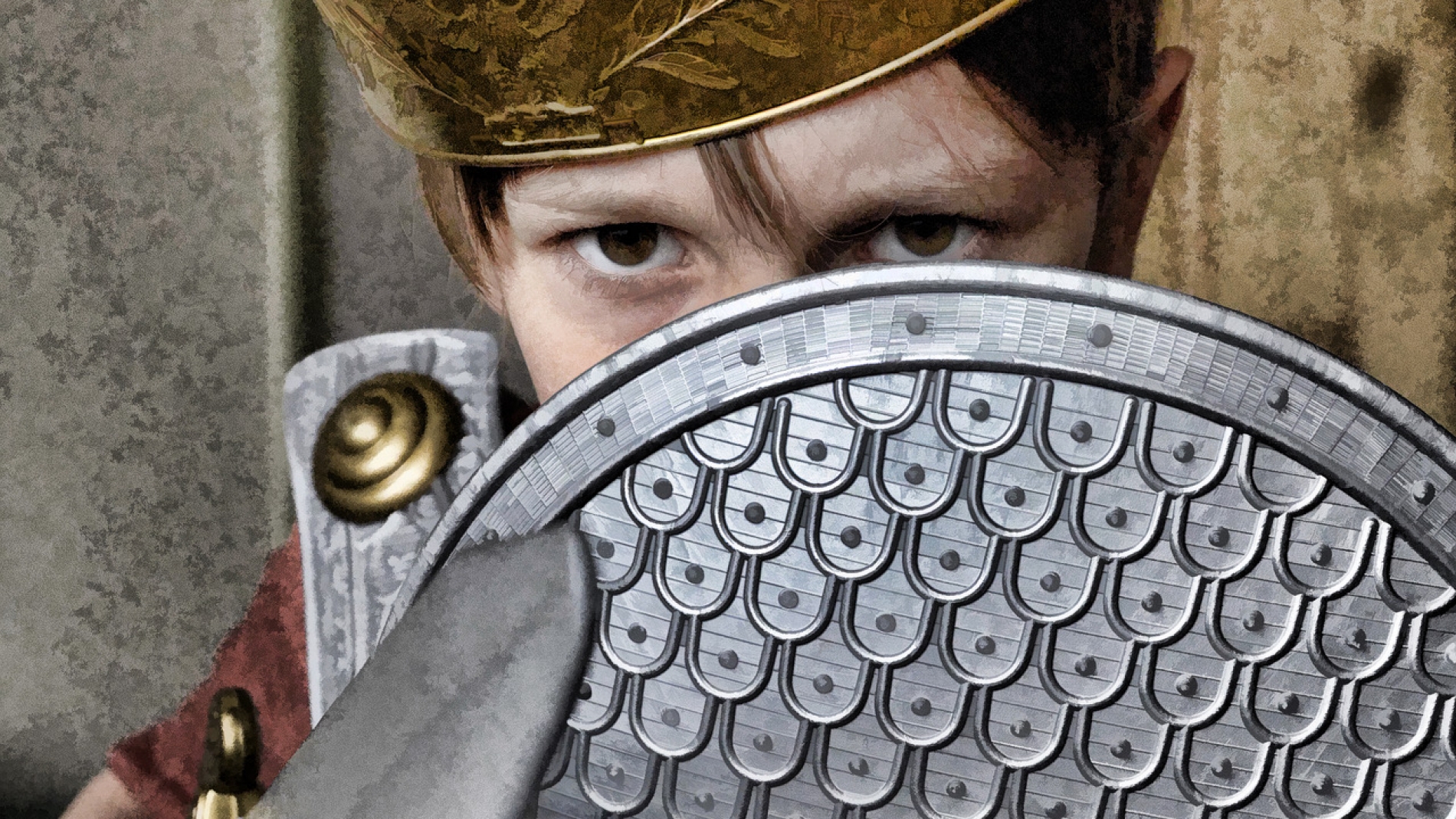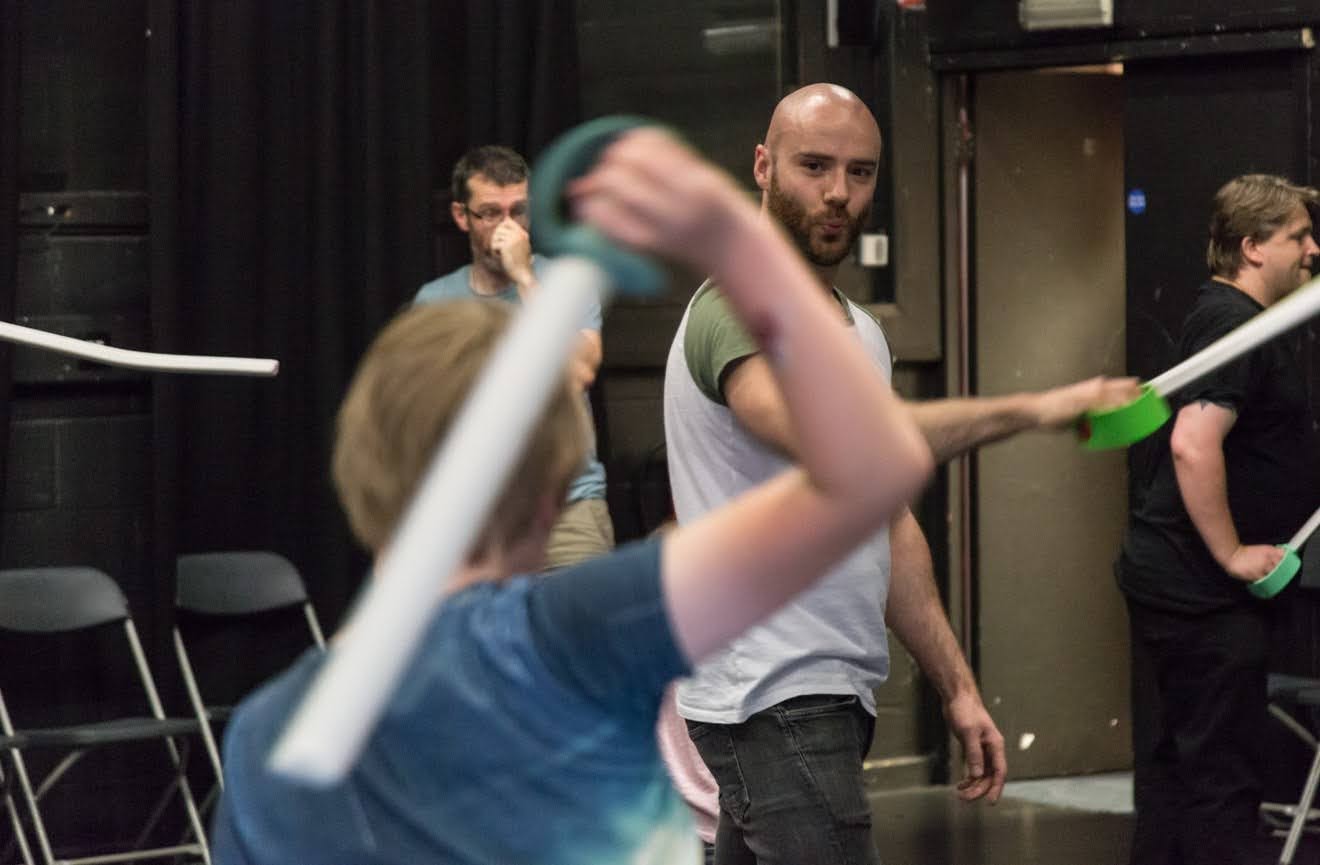guest blog post by Daniel Bye
I don’t know if anybody has ever mentioned it before, but becoming a parent really eats into your productive time.
My wife works full-time and I am a freelancer so in order that our one-year-old daughter is not with a childminder all the time (which in any case we couldn’t afford), I look after her on Mondays and Tuesdays. The theory was that it would be just about possible to do in four days (Wed-Sat) the work I used to get done in five (Mon-Fri). Especially when you factor in nap time on Mondays and Tuesdays.
This theory has proven hilariously inaccurate.

For a start, I already worked plenty of Saturdays, so it’s not a 20% reduction in work time, it’s a 33% reduction. Also, unless I’m away from home, the working day is now at least an hour shorter, often as many as three. And as every parent knows, nap time isn’t work time, it’s when you get the laundry done.
(The one thing no-one told me about becoming a parent was that it would lead to a fivefold increase in the amount of time I spend dealing with laundry.)
But the key loss of productive time is actually the time it didn’t look like I was being productive. When you’re a writer, the time spent running errands in town, idly reading a book on a fascinating subject, or just having a Sunday, that’s all work time. This work is invisible to the casual observer. But under the surface, characters are having conversations, a dramaturgical problem is being teased out, or a fascination is becoming an idea.
I think about 75% of my writing used to be done in this way. By the time I finally got to my desk to write something down, or into the rehearsal room to rough it out, it came relatively quickly.
The amount of time I now have to follow an idle train of thought has been decimated. A child’s needs are so immediate that it’s rarely possible to stay in your head for more than a minute or two before you have to change a nappy or read Hairy Maclary for the fourth time this morning.
It would be conventional at this point to say that it’s totally worth it in terms of the sheer pleasure brought by our child. I’m not sure this process is susceptible to that sort of cost-benefit analysis. Like, I don’t regret for one second the fact that we chose to bring this tiny person into the world. She’s wonderful. The process of watching a person becoming more fully herself every day is an enormous thrill. I feel immeasurably enriched by her existence and I miss her every hour we’re apart.
I miss her every hour we’re apart, but after two days of being together, I really look forward to some time on my own.
For most of her first year, I was desperately racing to keep up with everything I was supposed to be doing. I didn’t succeed. It wasn’t all down to the baby that I got a bit behind: for four months of that first year when my wife started her new job, I ended up having Dot three days a week. We also moved house to a new city. We went through the full gamut of major life changes within the space of about seven months.
Still, it is becoming more manageable. I’m now almost at a point where I’ve caught up with everything I’m supposed to have done. With one notable exception, I’m at most a week or two behind schedule with any given project. By Christmas, I’ll probably have caught up entirely. Except perhaps for that one notable exception. Well, maybe two. But it is becoming more manageable. Honest.
It’s astonishing to me now how much time I used to waste. I say this as someone who’s always thought of himself as a pretty good manager of time. I was not notably unproductive. But now, if I get a few hours at my desk, I note that almost none of that time will be spent checking twitter and facebook. I am barely aware of what’s going on in the world of professional football, and that’s not just because Middlesbrough got relegated last season. Almost none of my working time will be spent dithering – I used to agonise over certain tasks until they were unavoidable. Now I write a first draft of that email or that document and it’s surprising how often that’s the email or document I’d have ended up with after agonising until the deadline. I usually have time to redraft it and because I’ve not wasted any time dithering and agonising, I’ve still spent less time on it than I would have before.
I’ll be honest and say that, as you’ve probably noticed, I haven’t done that redraft on this blogpost. Generally, though, I’m getting to a point where I’m doing better work in less time than before I became a parent. So now, if I get a few hours at my desk, it astonishes me how much it’s possible to do. (Anyone planning to have children on this basis should know that the first year is murder whatever you do, and it only takes one night of (more) interrupted sleep for it all to come tumbling down.)
I’m not writing a new show at the moment, so I’ve no idea how this will all translate to the sharper end of that process. But I have spent a fair amount of time writing new material that may or may not develop into anything finished. One of these pieces of new material has formed a lot of my trains of thought over the past month and I’m excited to note that I’m now able to follow those trains of thought for more than a couple of minutes. Hairy Maclary still stops them in their tracks, but somehow I’ve adjusted to the new rhythms of life and these days they wait for me in the sidings.
Someone once said to me, if you want to get someone to do something for you, ask a busy person. A not-busy person will have so much time that they won’t schedule your thing, they can do it whenever, and it will slip and slide and never get done. Meanwhile, a busy person will do it next Thursday at 10.35am.
Now I think that if you want something done, ask a parent.
Don’t, though. It’s just a figure of speech. They’ve got enough on their plate.





